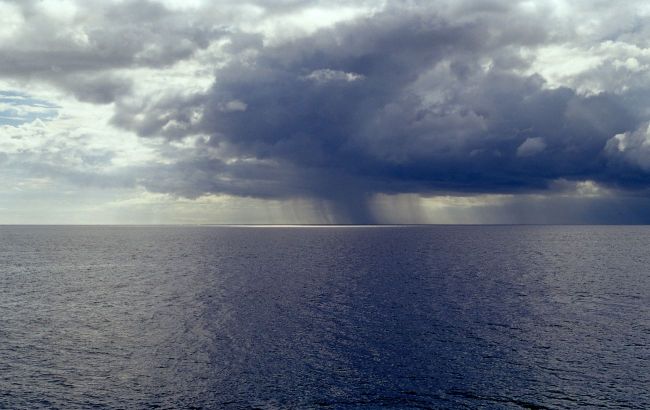Scientists determine when first rain fell on Earth: What is known
 Rain is an integral part of the water cycle in nature (photo: Getty Images)
Rain is an integral part of the water cycle in nature (photo: Getty Images)
When exactly the first rain fell on planet Earth and fresh water appeared is not known to everyone. Scientists from various countries have been trying to answer this question for a long time.
RBC-Ukraine reports on what is known about the results of recent research conducted by scientists.
Signs of the first rains on Earth
Researchers from Australia and China have found evidence of the first rains that fell on Earth within ancient minerals (primitive crystals).
Studying oxygen isotopes trapped inside them, leaving traces of freshwater, scientists concluded that the first drops could have reached the surface of our planet about 4 billion years ago.
"By examining the age and oxygen isotopes in tiny crystals of the mineral zircon, we found unusually light isotopic signatures as far back as four billion years ago," specified geologist and lead author of the study, Hamed Gamaleldien from Curtin University in Australia.
How the research was conducted
According to scientists, the Jack Hills area in the western part of Australia preserves specimens of the oldest materials of the Earth's crust. There, despite the heat and pressure, some primitive minerals remained relatively unchanged for 4.4 billion years.
For the study, scientists dated over a thousand crystals of zircon mineral, known for its extraordinary resistance to change. It turned out that about 10% of the stones are older than 4 billion years.
To determine whether these zircon crystals contain a significant amount of freshwater, scientists used tiny ion beams to measure the ratio of heavy to light oxygen. They found more light oxygen, which became evidence of the existence of freshwater on Earth 4 billion years ago.
Why this discovery is important
"Evidence of fresh water this deep inside Earth challenges the existing theory that Earth was completely covered by ocean four billion years ago," emphasized Gamaleldien.
According to geologist Hugo Olierook, this discovery not only "sheds light on Earth’s early history but also suggests landmasses and fresh water set the stage for life to flourish within a relatively short time frame – less than 600 million years after the planet formed."
"The findings mark a significant step forward in our understanding of Earth’s early history and open doors for further exploration into the origins of life," added the scientist.
Sources: ScienceAlert and Nature Geoscience.

